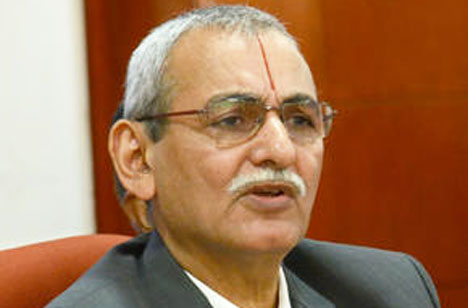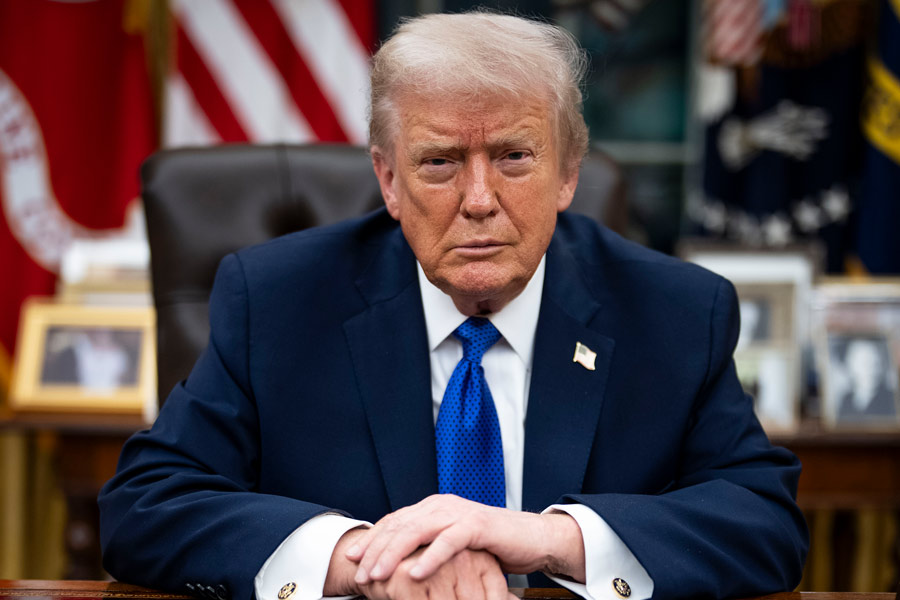
New Delhi: The alleged suicide of 11 members of a Delhi family may have been driven by either bizarre spiritual beliefs or a shared psychotic disorder but should be a wakeup call not to leave mentally ill persons untreated, psychiatrists have said.
Delhi police officers are still trying to fathom why two brothers and their families allegedly hung themselves in their home on July 1 but have said they believe the family members had shared certain spiritual beliefs or a psychotic disorder.
The police had found two brothers aged 50 and 45 years, their wives aged 48 and 42, their sister aged 57, and their five children aged between 33 and 15, hanging from an iron mesh below the ceiling. The brothers' 77-year-old mother was also found dead in the house.
Investigators have cited notes in a diary portending a ritual and other evidence, including closed-circuit TV camera images of family members carrying stools into the house in Burari, a north Delhi suburb, allegedly to facilitate the hanging to back their suspicions of suicide.
Psychiatrists say seeking information about each of the 11 family members from their social contacts - in their neighbourhood, extended families, schools and workplaces - over the past months might provide clues to their state of minds. Delhi police announced on Friday plans to conduct such a "psychological autopsy".
Senior psychiatrist Nimesh Desai, director of the Institute of Human Behaviour and Allied Sciences, New Delhi, said the incident may be explained through either an extraordinary and misleading spiritual belief or a shared psychotic disorder - what in medical terminology is called "folie-a-deux or folie-du-multiforme".
"At this point, in the absence of any additional information, I'll give both a 50:50 chance," Desai said, speaking to reporters at the Indian Women's Press Corps. "It could even have been a combination of the two - it is possible that the family shared certain spiritual beliefs which served as a conduit for the shared psychosis."
Experts say shared psychotic disorders - a condition in which two or more people share delusions and are influenced by someone with similar delusions - have long been documented in psychiatry.
"It has been known to give rise to such kinds of violence - often it is linked to some religious metaphors or other symbolism," said Sanjeev Jain, a professor of psychiatry at the National Institute of Mental Health and Neurosciences, Bangalore.
Desai and other psychiatrists also caution that the Burari incident underscores the need to detect and treat all mentally ill persons. But, they say, the incident has taken place amid worries that the Mental Health Act, 2017, that comes into effect this month makes it difficult to treat patients who decline treatment.
Patients with certain mental health disorders such as paranoid delusions or schizophrenia may not have awareness about their illness and decline treatment. The 2017 Act, relying on international human rights guidelines, allows patients in India to decline treatment.
"All patients with mental illness deserve treatment - if one person in the Burari house was mentally ill, that person deserved treatment not just to protect others in the family, but for the person's sake - mental illness can be exhausting and intensely distressing," Desai said.
While a metropolitan magistrate and a psychiatrist could earlier certify the need for therapy, the new law provides for mental health review boards - comprising a judicial officer, a patient's representative, a social worker, a district officer and a psychiatrist - in each district to certify the need for treatment.
"This has some pluses and minuses - the boards are more representative and democratic, but there are apprehensions about how they will work, about how this will be implemented," Desai said.
Psychiatrists believe the provisions to allow patients to decline treatment appear to be rooted in what some believe are lingering concerns about historical abuse or violations of the rights of mentally ill patients in the past.
"The new Act seems to assume psychiatric care is adversarial and violative and that all individuals have a right to deny treatment," NIMHANS's Jain said. "This kind of extreme adherence to libertarian philosophy could have damaging consequences to others trying to bring a person to care."










